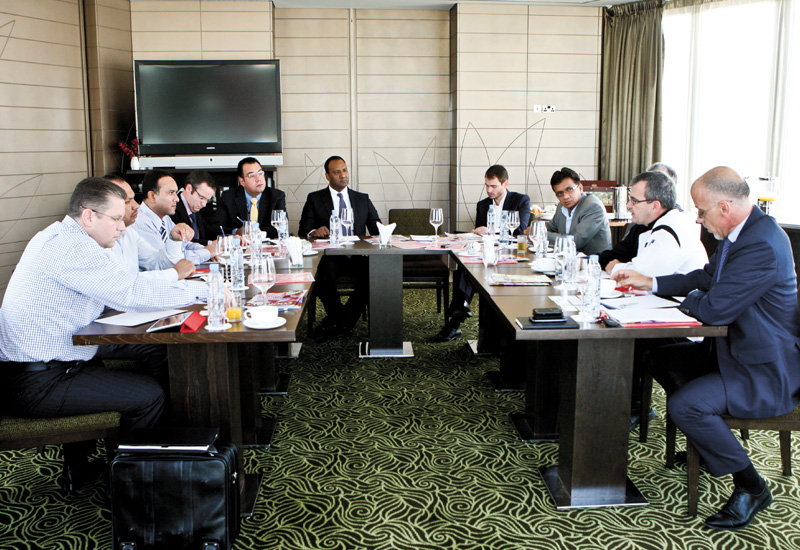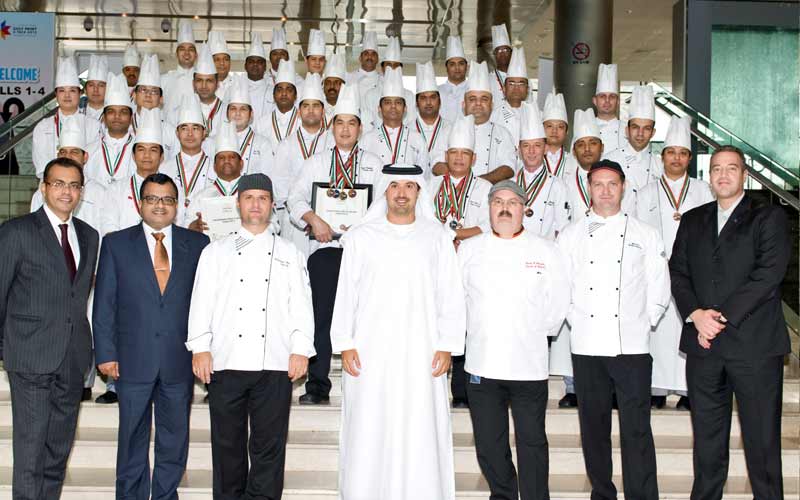How do you work around the issue of cooking on one site, transporting it to another, and then re-heating it?
SSa: You have to build up your menu where you’re not going to cook it on-site. You have special combi-ovens; so you cook it in your kitchen and blast chill it so the temperature goes down to below five degrees in 30 minutes.
Then you transport it in insulated boxes in high-loaders and then reheat on-site. There is also another challenge here: the combi-ovens are computerised so moving these to remote areas could damage them. You have to think of how easy it is to transport the ovens on-site.
CC: And in terms of checking the menu items, we also submit the menu to the HR departments of the client. They normally have a food relation committee which is taken up from various departments of the hotel, so they meet once a month and give me feedback on what’s popular.

| Advertisement |
What involvement do local organisations like municipalities have with events catering?
MKS: Our procedure is that for any big event, if it has more than 500 people they need to inform us prior to the event. In case of outdoor events, for any more than 200 people we have a special form to fill with details such as what is the menu, what are the risks associated and what are the controls they will be putting in place.
What we recommend to them is to minimise outside operation. We also have a team of around five or six members to check that the catering company or the hotel is complying with our regulations, and whether they are doing what they said they would on the form.
What is the regulation in terms of wasted food and what you are allowed to do with it?
MKS: The regulation is two hours for hot food or four hours for cold food. We have taken an initiative and approved three charities, where if the event is big and the chances of wastage is there, the approved charities collect the food in their vehicle and serve to people in Sonapur.
Only approved companies with the required facilities and trained staff are allowed to do this — their vehicle has to have hot-holding and freezing facilities. We recover the food, segregate it; perishable or high risk food we throw, but low-risk food we distribute to needy people.
Article continues on next page ....










 Search our database of more than 2,700 industry companies
Search our database of more than 2,700 industry companies









